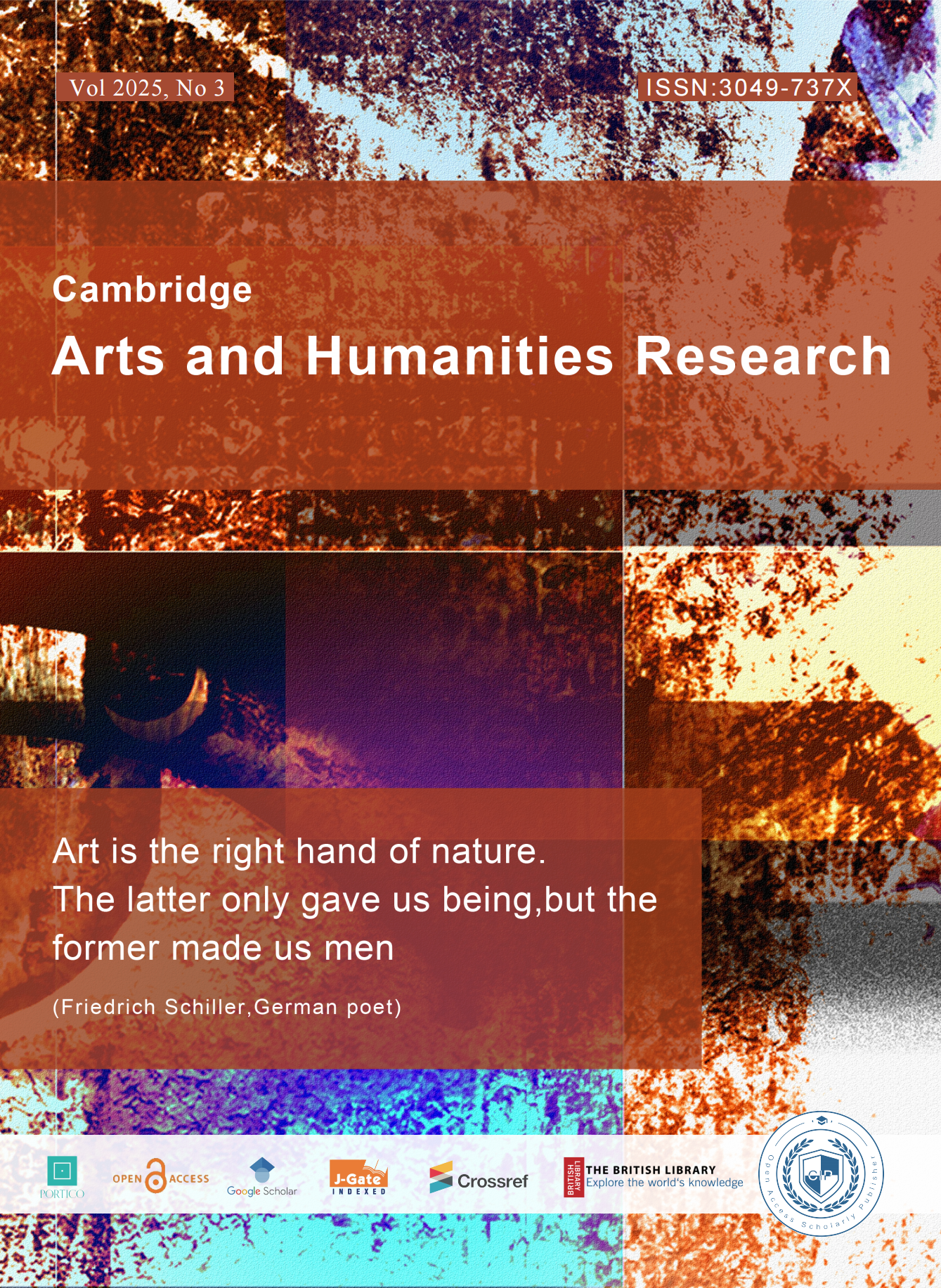Published 12-06-2025
Keywords
- Network Expression Freedom,
- Reasonable Boundaries,
- Constitutional Protection
Copyright (c) 2025 Cambridge Arts and Humanities Research

This work is licensed under a Creative Commons Attribution-NonCommercial 4.0 International License.
Abstract
With the development and popularization of Internet technology, the network has opened up new avenues for citizens to realize the freedom of expression. This paper explores the basic theory of network expression freedom from a constitutional perspective, focuses on the reasonable boundaries of network expression freedom, and emphasizes the necessity of constitutional protection for network expression rights. By analyzing the legislative status quo of network expression rights protection in China, this paper identifies the existing shortcomings in the current protection of network expression rights in China and explores how to establish and improve the legal protection system for citizens' network expression rights within the framework of the Constitution to maintain and promote the exercise and realization of citizens' network expression freedom.
References
- Zhen Shu qing. On Freedom of Expression[M]. Beijing: Social Sciences Documentation Publishing House,2000.
- Wang Shi Jie, Qian Duan sheng. Comparative Constitutional Law[M]. Beijing: China University of Political Science and Law Press,1997.
- Lin Ji dong. Comparative Constitutional Law (Volume I) [M]. Taipei: Taiwan Wunan Book Publishing Company,1998.
- Zhu Guo bin. Chinese Constitution and Political System[M]. Beijing: Law Press,1997.
- Huang Bingrong, Lu Yi. Exploring the Legal Boundaries of Online Freedom of Speech[J]. Theory and Practice,2012, (23).
- Cai Ding Jian. “Bun Blood Case” and Freedom of Expression[J]. Zhe jiang People's Congress,2006, (5).
- Ouyang Jian. Legal Reflections on the Limitation of Public Figures 'Right to Reputation[J]. Journal of Shao yang University,2005, (1).
- Du Cheng ming, Wu Jia qing, et al. Social Transformation and the Improvement of China's Constitutional Rights System[M]. Beijing: Peking University Press,2005.
- Hou Jian. Freedom of Speech and Its Limits[J]. Peking University Law Review,2000, (2).
- Mo Jie Hong. Constitution and the Internet[J]. Democracy and Rule of Law,2007, (17).

